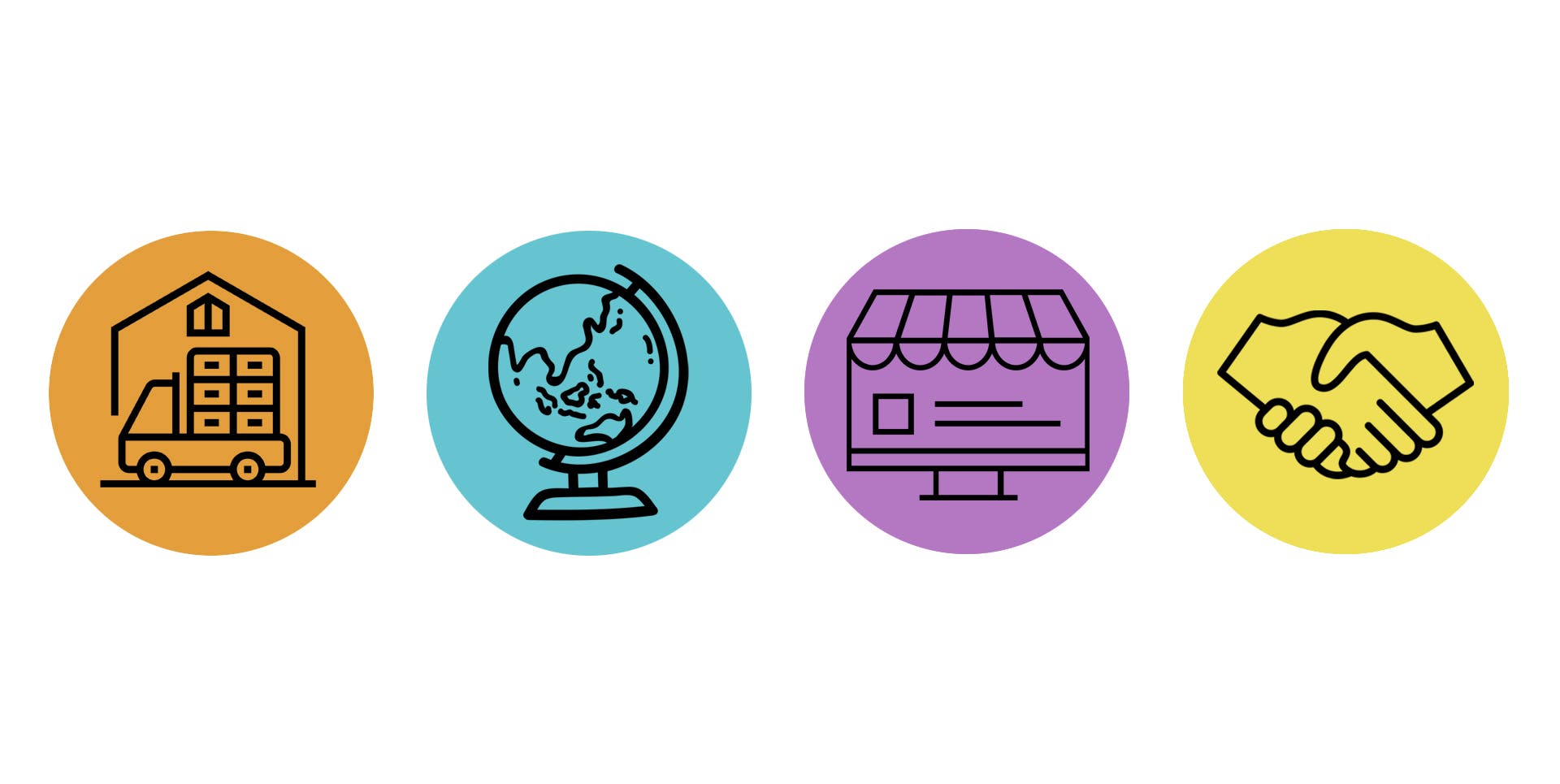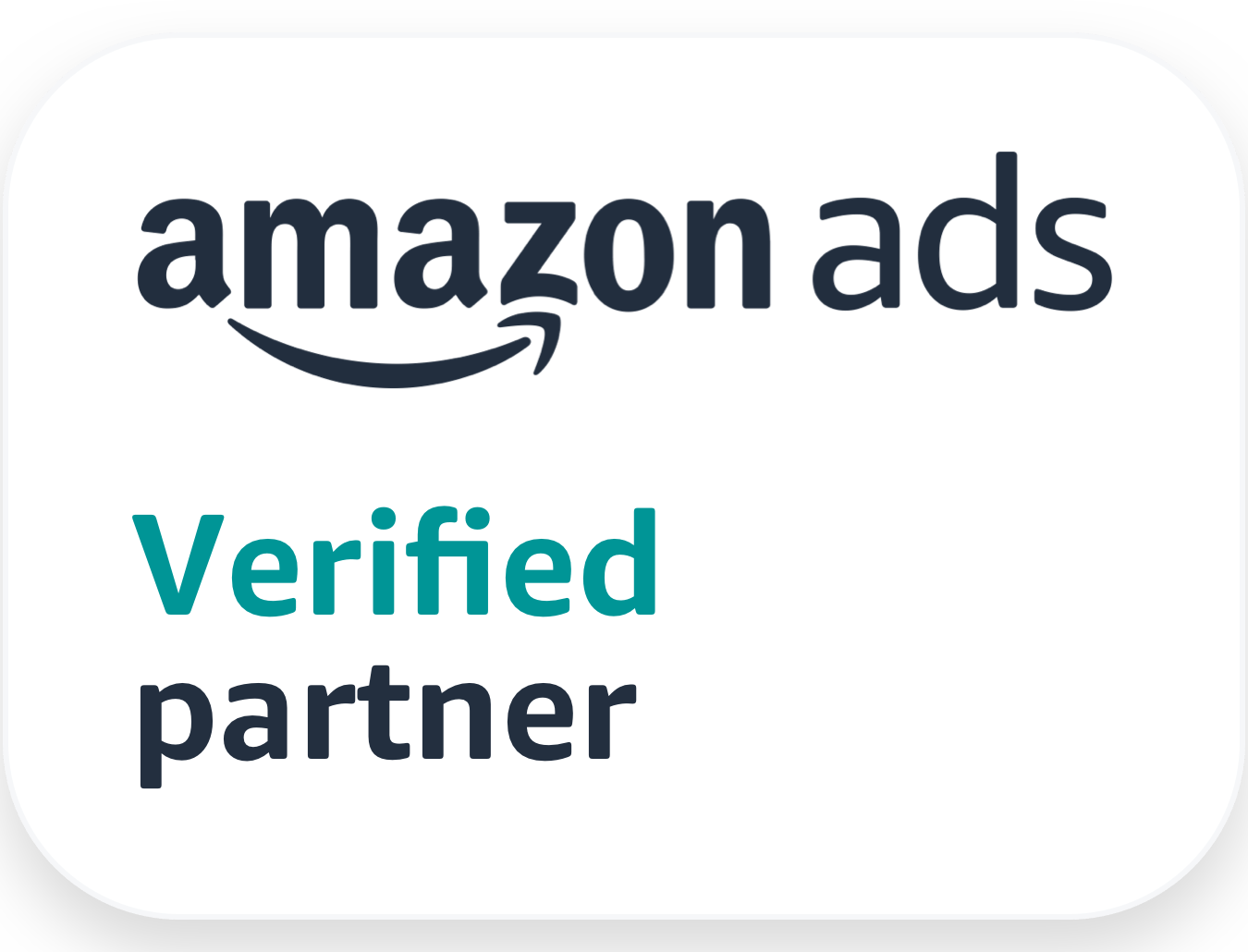4 Ways To Expand Your Online Retail Brand

Are you looking to expand and grow your ecommerce brand but unsure which direction to take? Today’s ecommerce landscape offers plenty of options, however some will be more suitable to your business than others. We’ve rounded up some of the main ecommerce expansion strategies which you might want to consider if you sell your own products. Find out how you could benefit from them and the work you’ll need to put in to succeed.
Establish a Reseller Relationship
A successful channel partnership can offer quick growth and access to mature customer bases. For example, if you sell hair care products, you could consider partnering with a local hair salon to sell your products to their customers. This option works well for brands that offer unique products that are available in lower quantities such as handmade clothes or skin/hair care products.
Identifying potential partners and establishing a reseller relationship generally takes a fair amount of time. You might make it a priority but that doesn’t make it a priority for the potential reseller. They may not even be actively looking for products to sell. To help encourage the partners you identify, you’ll need to develop a compelling value proposition to pitch. Resellers usually prefer exclusivity for their store’s area so it’s a good idea to include this in your proposition.
Once a company has agreed to resell your products, you’ll need to provide an agreement contract. This might include (but by no means be limited to) how much stock they’ll hold, minimum order levels, how they’ll promote your products and the terms of terminating the contract.
Depending on the type of products you sell it might be wise to provide your distributor with training. This could be via videos, audio or face-to-face. By having your resellers trained, it’ll help ensure they have a good understanding of your core messaging, all the benefits of your products and how to resolve any troubleshooting problems.
Launch a Wholesale Channel
If you sell a high volume of products, launching a wholesale channel could be a better option than partnering with a reseller. Provided you’re able to keep up with the demand on supply, expanding via a wholesale channel can bring many benefits to your business. Firstly, it can help build brand awareness as the more vendors that sell your products; the more consumers there will be exposed to your products who may not otherwise have come across them before. Also, wholesale customers tend to have a higher AOV and make repeat purchases which helps create recurring revenue.
Magento Commerce and Shopify Plus allow you to create a seperate password-protected storefront that’s an extension of your online store. This will allow trade customers to view the wholesale prices and have a customised shopping experience. Alternatively, if you’re using the basic version of Shopify or Magento, there are extensions available to help you sell your products B2B using the same storefront.
Sell via a Marketplace That Serves Your Target Region

Marketplaces are the ideal way to introduce your brand to a new region. You’ll be able to assess the demand for your product there and find out if your brand resonates with your target region. By testing the waters in this way, there will be less risk involved if you choose to invest money into a localised website.
The downside of marketplaces is that they generally charge a fee to sell on them. You’ll need to factor this into the sales price to avoid reducing your profit margin, and diminishing traffic on your own website. Some marketplaces can take as much as 15% commission on sales. This certainly isn’t the cheapest way to sell as it can end up costing money if the marketplaces are offering things like free delivery to their site visitors and expect you to honour these offers.
There can be a wide range of marketplace options available depending on which region you’re targeting. Make sure you do your homework before deciding on the marketplace for you. Luckily there are some useful research tools which can help you make an informed decision.
Localise Your Website to Sell Abroad

Once you have a good understanding of where in the world there is a sufficient demand for your products, you might want to start selling to other countries through your website. To do this successfully, you’ll need to localise the customer experience. Consider the following:
- Currency & payment options – one of the most important elements to the localisation of an ecommerce website is the currency. The last thing a user will want to do on your site is spend time converting the prices displayed. Different countries also have their own payment preferences. Make sure you carefully consider your payment strategy options
- User interface – Consumers have different expectations and shopping habits in different countries, so your site should be adapted to cater for these. Use Google Analytics to analyse the different behaviours
- Cultural differences – If you sell clothing, you should display the sizing for that country eg. clothing size 8 in the UK is size 40 in European countries. Also, if you ever display the time (eg. “Flash sale ends at 12pm) it’s best to feature the local time for each countries’ storefront
- Checkout form – Countries format phone numbers, addresses and postcodes differently. Input fields may vary as well as labels for the fields eg. a UK form would include a “county” label, “state” in the US and “province” in Canada
- Language – Up to 75% of shoppers would rather not purchase from a site if it’s not in their language (according to BlueSnap) so translating your content should help with conversions
- International laws – it’s essential that your website adheres to the laws and regulations for the country you’re targeting eg. privacy policies, return policies, age restrictions
- International SEO – do your research to find out which search terms are being used by your target market in their language
Localising each of these elements will help earn trust from your target market and help your site be discoverable via organic search.
If you’re looking for help with your expansion strategy, don’t hesitate to get in touch with our ecommerce experts. We’d love to hear from you!






